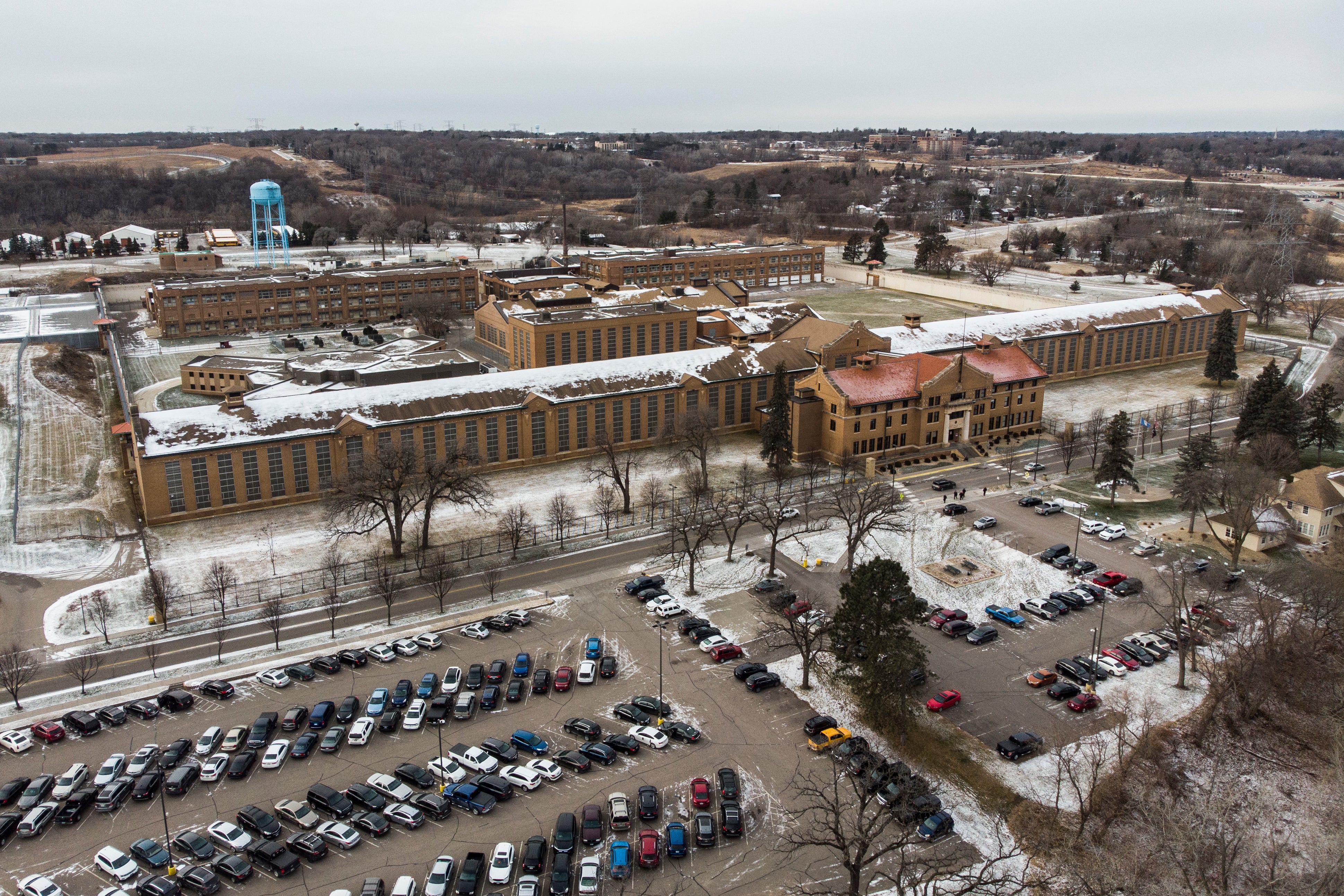Tests show drinking water is safe at a Minnesota prison, despite inmate concerns
State health officials have said that the drinking water at a Minnesota prison is safe after inmate and advocate concerns over the water’s quality prompted a new round of tests

Your support helps us to tell the story
From reproductive rights to climate change to Big Tech, The Independent is on the ground when the story is developing. Whether it's investigating the financials of Elon Musk's pro-Trump PAC or producing our latest documentary, 'The A Word', which shines a light on the American women fighting for reproductive rights, we know how important it is to parse out the facts from the messaging.
At such a critical moment in US history, we need reporters on the ground. Your donation allows us to keep sending journalists to speak to both sides of the story.
The Independent is trusted by Americans across the entire political spectrum. And unlike many other quality news outlets, we choose not to lock Americans out of our reporting and analysis with paywalls. We believe quality journalism should be available to everyone, paid for by those who can afford it.
Your support makes all the difference.State health officials have said that the drinking water at a Minnesota prison is safe after inmate and advocate concerns over the water’s quality prompted a new round of tests.
The analysis “did not find indications of a health risk from the drinking water,” according to the report from the Minnesota Department of Health. But the report also noted that brown water at hot water taps, like where inmates shower, “can indicate degradation of water quality in the building.”
About 100 inmates at Minnesota Correctional Facility-Stillwater refused to return to their cells on Sept. 3 amid dangerously high temperatures in the region.
One former inmate called it an act of “self-preservation.”
Advocates have conveyed a long list of unsafe conditions, including what they said was brown-colored drinking water, excessive heat and limited access to showers and ice during on and off lockdowns over the past two months.
The lockdown on Sept. 3 was the result of staffing challenges, which the Department of Corrections and the union of corrections officers both acknowledged. But the department also said at the time that the claims “about a lack of clean water in the facility are patently false.” Additional tests were ordered about a week later.
The case in Minnesota is one of many across the country where concerns have been raised about water quality at prisons endangering the health of people who are incarcerated, along with persistent understaffing, curtailed family visitations and rehabilitation programs, and the spread of diseases, including COVID.
The department’s statement then and the health officials’ report Wednesday did little to alleviate the concerns in Minnesota.
“People have been saying it’s okay for a decade,” said David Boehnke of Twin Cities Incarcerated Workers Organizing Committee. “We really do need an independent testing of this water, and that’s what we’ve been asking for from the beginning.”
The prison houses about 1,200 inmates in total, according to department records. It was built in 1914.
Its size and age can make it challenging to prevent worsening water quality because of corrosion and build-up in the system, the report said, leading health officials to recommend steps for a water management plan.
The Department of Corrections said in a statement Tuesday it would be hiring a contractor within a month to develop a plan for each facility, in addition to implementing new testing protocols and hiring a new staff member to “give exclusive focus to water, air, and other environmental health concerns.”
Officials also said a separate Minnesota corrections facility at Lino Lakes had three faucets with “lead content that exceeded the EPA action level” and would be provided with bottled water until additional tests could be conducted.
The department said “there have been no reports of water-related illnesses among staff or the incarcerated population” at either facility.
Boehnke said inmates and family feel differently.
“I have dozens of friends who had negative health impacts from being in Stillwater prison,” he said. “People with loved ones who died from what they believed to be a result of the water.”